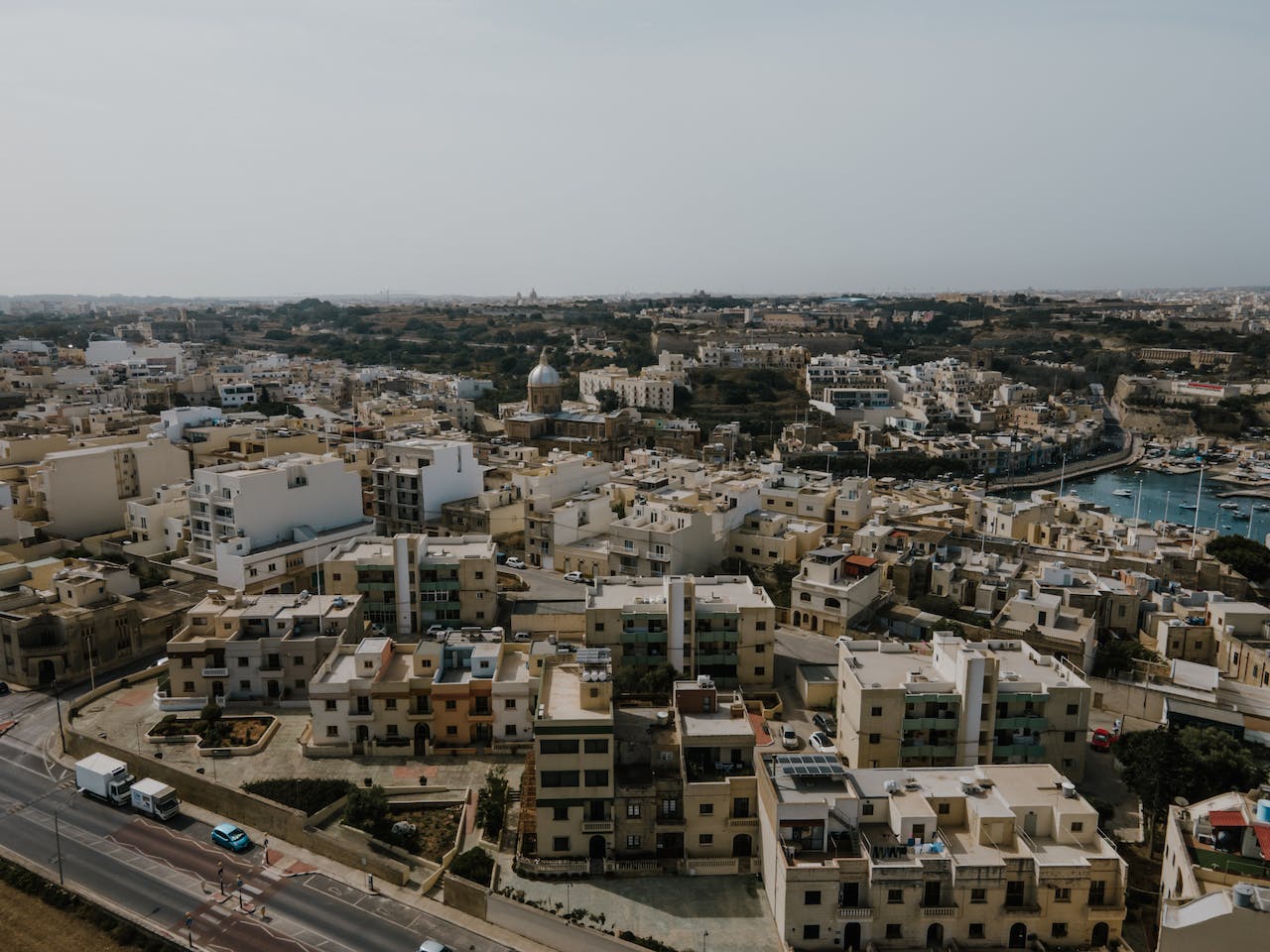Fintech giant Revolut has finally submitted its long-delayed financial statement for 2021 as it seeks to obtain a UK banking licence. However, there seem to be no end of problems in sight for the popular digital wallet and payment processor, with its own auditors flagging hundreds of million of pounds of revenue that could not be independently verified.
The £636 million (€718 million) in revenue reported by the firm in 2021 allowed it to turn its first full-year profit of £26 million, after registering a loss of £223 million in 2020.
Revenues tripled during 2021, helped by the uptick in crypto trading seen that year.
However, auditors BDO warned that verification procedures could not “provide sufficient appropriate assurance” over £477 million of its 2021 revenues, coming from subscriptions, cards, foreign exchange and wealth activities.
The company’s “IT systems weren’t designed in such a way that would allow for IT or business process controls to be effectively tested throughout the year,” BDO added.
This could have resulted in some information being “materially misstated”.
Revolut CFO Mikko Salovaara responded to questions about the auditors’ concerns, saying: “There is not any doubt over the completeness of the balance sheet, which, in turn, logically means that total revenue is also correct.”
Mr Salovaara did not say whether Revolut turned a profit in 2022.
The company is struggling to meet the requirements necessary to obtain a banking licence in the UK, the country where it makes most of its revenues.
Reacting to the auditor’s report, Will Wragg, Conservative MP and co-chairman of the all-party parliamentary group on banking, said: “It is extraordinary that a firm of Revolut’s size, and a financial technology company, has had questions raised about its internal IT system and that its auditor is unable to verify the source of three-quarters of its profits.”
db Foundation raises €8,419 for Karl Vella Foundation with MasterChef Malta Charity Dinner
These events form part of the db Foundation's ongoing commitment to supporting vulnerable members of society through impactful initiatives
Residential property prices rise by 5.7% in first quarter of 2025
The new figures show continued growth in Malta’s property sector
Youth4Entrepreneurship Gozo 2025: Youth invited to propose innovative digital solutions
The initiative aims to empower youth to become active contributors to Gozo’s development by addressing local challenges






